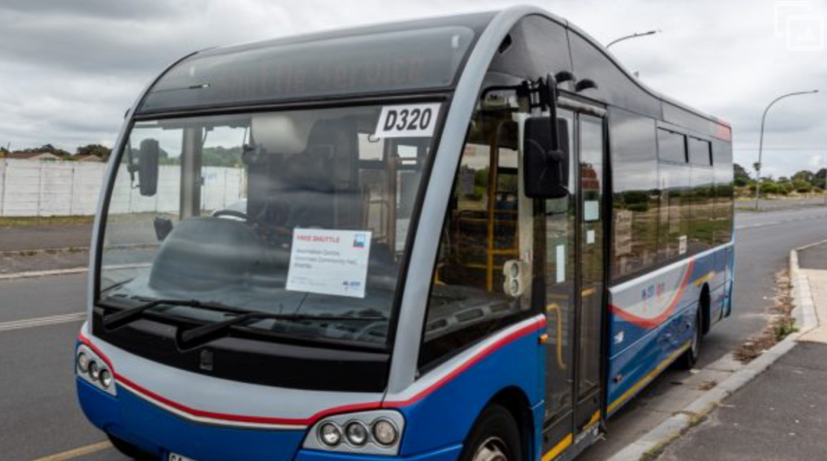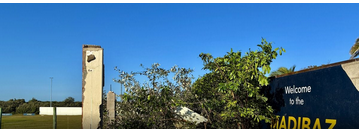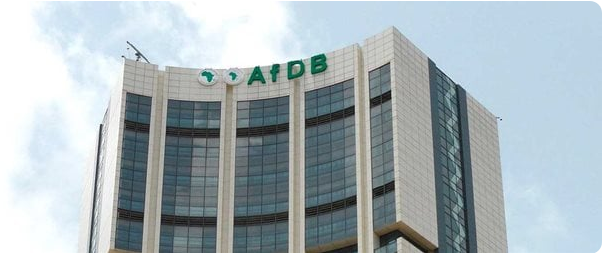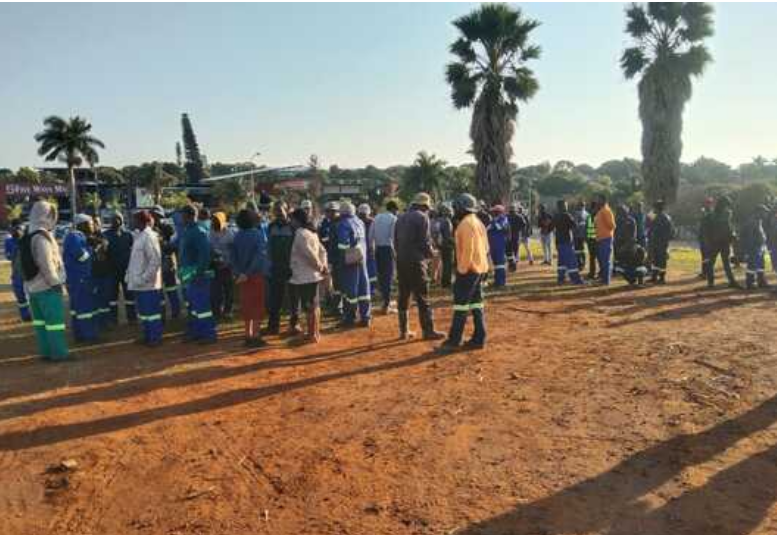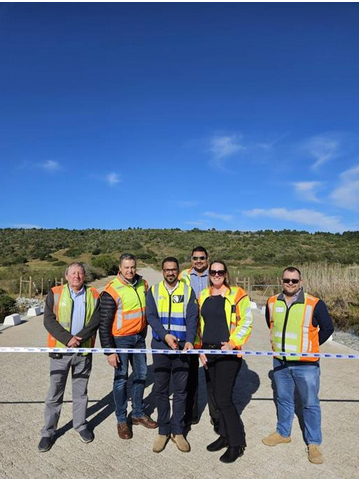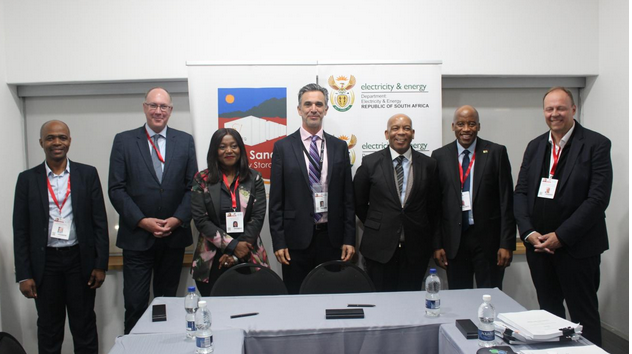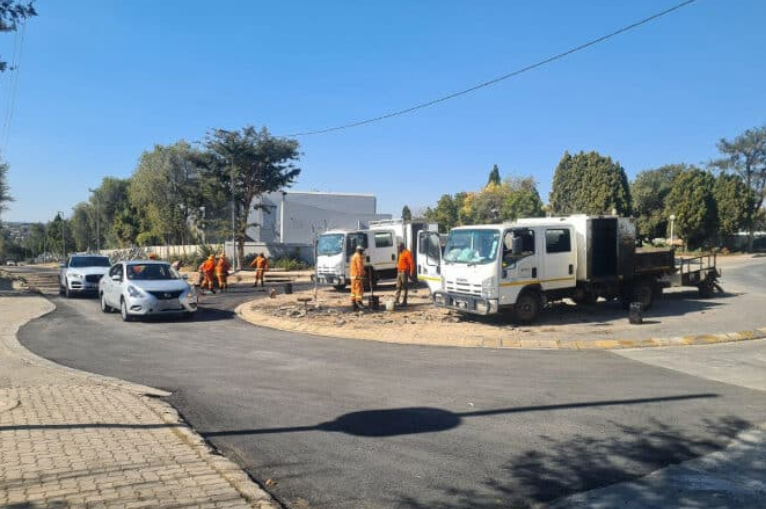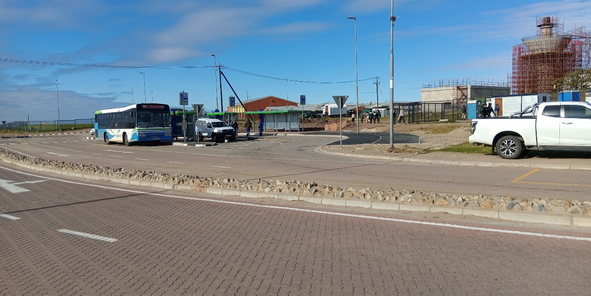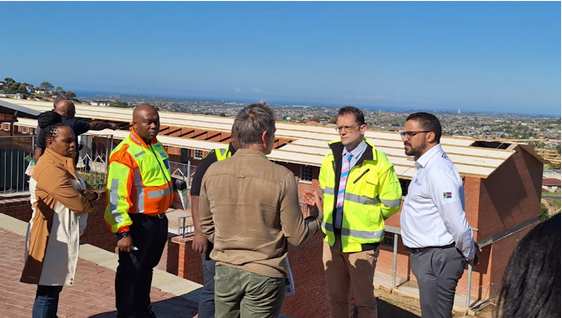Kwezi V3 Engineers takes its show on the road into rest of Africa

Advertising
23-11-2004
Read : 196 times
BusinessReport
durban - kwezi v3 engineers, a subsidiary of empowerment firm kwezi group, is embarking on an expansion drive into other african countries to take advantage of extensive infrastructure projects.
jonathan horn, a divisional director, said: "there are countries, such as the democratic republic of congo (drc) and angola, which have enormous natural wealth but are unable to harness this to stimulate economic growth because they do not have infrastructure, such as roads."
the multidisciplinary engineering consultancy focuses on civil infrastructure and employs 500 people. at present, it is working on projects to increase capacity on the n2 from port elizabeth to coega, a r450 million roads project in tanzania, as well as the upgrading of the n1 highway in the hex river valley.
the kwezi group, which plans to become a dominant player in african infrastructure development services, mining equipment supply and communication, recently increased its stake in the engineering firm to 70 percent.
sipho mahamba, kwezi group's chairman, said the deal was of strategic importance in terms of growth and the development of human capital.
since embarking on a partnership with kwezi group in 2001, kwezi v3 engineers' annual turnover has risen 40 percent to more than r200 million and assets have increased by 30 percent.
kwezi v3 engineers is establishing a presence in angola, namibia, kenya, botswana, tanzania and the drc.
"we are making a significant investment in establishing a substantial foothold in africa by establishing local practices with prominent and credible local companies," said horn.
"we are doing this either by creating new entities or by acquiring a stake in local businesses."
when establishing a practice from scratch in a new region, there was usually a turnaround period of three years before a company broke even, he explained.
but kwezi v3 engineers expected "results to materialise sooner as we are establishing locally registered practices".
horn said: "we are hoping to be profitable within six to 12 months." risk was managed under a strictly conservative approach by working with institutions already in the countries.
"companies which have gone into other african countries ahead of us have learnt some hard lessons, in some instances related to currency translations, which we are mindful of," horn said.
political risk was diminishing with the apparent "shift among certain african governments to being more investor friendly".
Recent News
Here are recent news articles from the Building and Construction Industry.
Have you signed up for your free copy yet?
